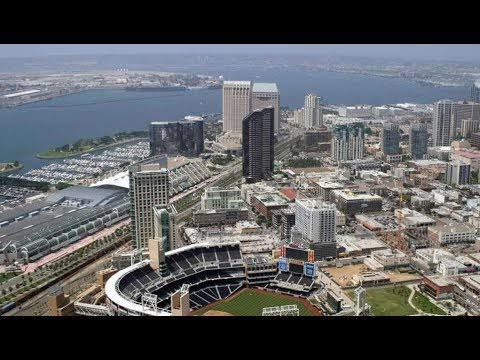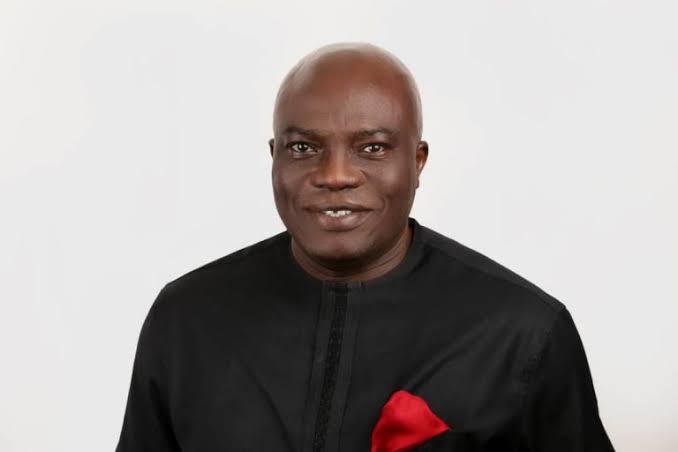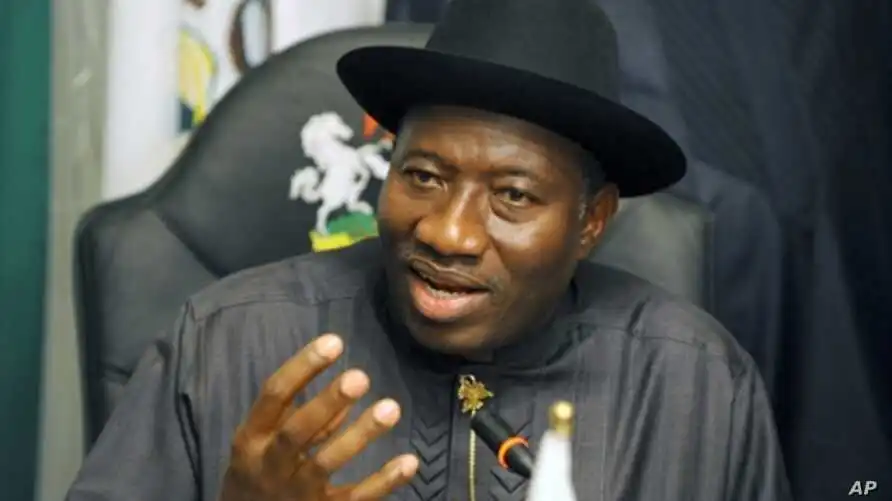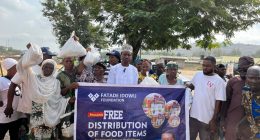 †Nigeriaís economy is navigating a complex landscape marked by ambitious reforms, persistent inflation, and cautious optimism for recovery. Under President Bola Tinubuís administration, significant policy shifts have been implemented to address longstanding economic challenges and stimulate growth.
†Nigeriaís economy is navigating a complex landscape marked by ambitious reforms, persistent inflation, and cautious optimism for recovery. Under President Bola Tinubuís administration, significant policy shifts have been implemented to address longstanding economic challenges and stimulate growth.
Nigeriaís Gross Domestic Product (GDP) is projected to grow by 4.17% in 2025, according to the Central Bank of Nigeria (CBN). This growth is attributed to reforms initiated in 2023, such as the removal of the petrol subsidy and the devaluation of the naira. These measures initially caused inflation to rise but are expected to yield positive effects as the year progresses . The World Bank offers a slightly more conservative estimate of 3.6%, citing enhanced macroeconomic stability and improved investor sentiment as major drivers .
The Nigerian Economic Summit Group (NESG) suggests that a GDP growth rate of 5.5% is achievable if Nigeria continues with stability-focused reforms. However, inefficient policy implementation and economic constraints could limit growth to 3.4%, and a reversal of reforms could see it drop to 2.7% .
Inflation remains a significant concern, with the International Monetary Fund (IMF) projecting consumer prices to rise by 26.5% in 2025 . The CBN anticipates that inflation will ease from its current rate of 34.8% as the positive effects of the 2023 reforms begin to materialize . High interest rates are expected to persist, with projections indicating a downward trajectory to about 22% by year-end, and effective rate cuts to sub-20% by the first quarter of 2026 .
The Tinubu administration has implemented bold reforms to address fiscal challenges, including the removal of fuel subsidies and the devaluation of the naira. These measures have led to a reduction in Nigeriaís fiscal deficit from 6.2% of GDP in the first half of the previous year to 4.4% in the same period this year . The World Bank notes that revenues have surged due to the elimination of a substantial implicit forex subsidy.
Oil and Gas: Nigeriaís oil production is projected to reach 2.3 million barrels per day by mid-2025, up from 1.54 million barrels per day in the final three months of 2024 . The government is negotiating with local communities to restart oil production in Ogoniland, following Shellís sale of its onshore operations in Nigeria to local companies .
Manufacturing and Exports: Aliko Dangote expressed confidence regarding the impact of U.S. President Donald Trumpís recent tariffs on Nigerian urea exports. Despite a 14% tariff on Nigerian imports, Dangote views the situation as favorable compared to Algeriaís 30% tariff. Dangote Fertiliser exports 37% of its 3 million metric tonnes of urea annually to the U.S., and the Dangote Group anticipates significant revenue growth, projecting an increase from $25 billion in 2025 to over $30 billion in 2026 .
Private Sector and Investment: Foreign investors have been increasingly attracted to Nigeriaís markets as geopolitical uncertainties drive them to seek investment in more resilient frontier markets. The Nigerian naira has risen more than 7% against the dollar since November 2024, supported by yields of up to 25% on local bonds . The NESGís Private Sector Outlook 2025 report emphasizes the need for sustained reforms and disciplined policy execution to foster a stable, predictable, and competitive business environment .
Despite these positive developments, Nigeria faces several challenges:
- Inflation: Persistently high inflation continues to erode purchasing power and affect the cost of living.
- Unemployment: The unemployment rate remains high, with estimates around 22.6% in the first quarter of 2025 .†
- Policy Implementation: The success of ongoing reforms depends on effective and consistent policy execution.
- Security Concerns: Insecurity in certain regions poses risks to economic activities and investor confidence.
Nigeriaís economy in 2025 is at a pivotal juncture. The governmentís commitment to reforms has begun to yield positive results, with improved fiscal stability and increased investor interest. However, challenges such as high inflation, unemployment, and security concerns remain. Sustained efforts in policy implementation, infrastructure development, and social investment are crucial to achieving long-term economic growth and improving the livelihoods of Nigerians.








